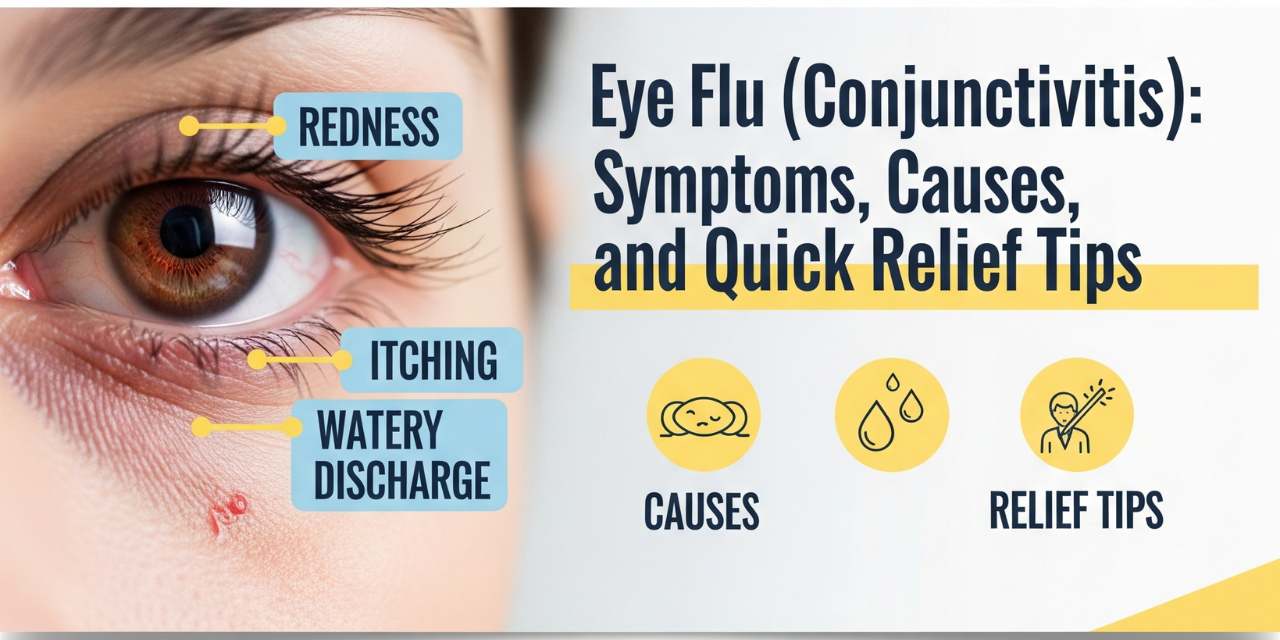Floaters in your vision are those tiny specks, strings, or cobweb-like shapes that seem to float across your field of view. They can appear as black or grayish shapes that move when you move your eyes. While floaters are quite common, understanding their causes and when to seek medical attention is essential for maintaining good eye health.
What Are Eye Floaters?
Eye floaters are tiny particles suspended in the vitreous humor, the gel-like substance that fills the back of the eye. As we age, the vitreous can shrink and become more liquid, causing these particles to clump together and cast shadows on the retina, which we perceive as floaters. They are typically more noticeable against bright backgrounds, such as a clear sky or a white wall
Causes of Floaters in Vision
Floaters can develop for a variety of reasons, and while most cases are harmless, understanding the underlying causes is crucial.
- Age-Related Changes: As you age, the vitreous humor becomes more liquid, causing the collagen fibers to clump together. This is the most common cause of floaters and usually happens after the age of 50.
- Myopia (Nearsightedness): People with myopia are more likely to experience floaters. The elongated shape of the eye in myopia can cause the vitreous to pull away from the retina, leading to floaters.
- Eye Inflammation (Uveitis): Inflammation in the eye can cause debris to accumulate in the vitreous, leading to the appearance of floaters.
- Retinal Tears or Detachments: In rare cases, floaters can be a sign of a serious condition like retinal tears or detachment. This is more common if there are sudden and numerous floaters accompanied by flashes of light. These conditions require immediate medical attention to prevent permanent vision loss.
- Diabetic Retinopathy: Diabetes can damage the blood vessels in the retina, leading to the formation of floaters due to leakage of fluid or blood.
- Eye Surgery or Trauma: Previous eye surgery or injury can also lead to floaters. The vitreous can be disrupted during surgery or trauma, causing the formation of floaters.
When Should You See an Eye Specialist?
Most of the time, floaters are harmless and don’t require immediate attention. However, there are certain instances when you should seek help from an eye doctor. You should schedule an appointment if:
- Sudden Increase in Floaters: A sudden increase in floaters can be a warning sign of retinal detachment or tears. These conditions need to be addressed quickly to avoid permanent vision loss.
- Flashes of Light: Seeing flashes of light along with floaters can be a symptom of a retinal tear. If you experience this, it’s important to consult an eye specialist as soon as possible.
- Loss of Peripheral Vision: If you experience a shadow in your vision or a sudden loss of side (peripheral) vision, you may be dealing with retinal detachment. This requires prompt medical attention.
- Blurred or Distorted Vision: If your vision becomes blurred or distorted in addition to floaters, it could indicate a more serious condition like macular degeneration or retinal disease.
How an Eye Specialist Diagnoses Floaters
If you’re concerned about floaters, your Eye Doctor in Patiala will perform a comprehensive eye exam. This may include dilating your pupils to get a better view of the retina and vitreous humor. In some cases, further testing such as an OCT (Optical Coherence Tomography) or ultrasound may be required to assess the health of the retina and vitreous.
Conclusion
In most cases, floaters are a benign and natural occurrence, especially in older adults. However, if you experience a sudden increase in floaters, flashes of light, or other vision changes, it’s important to see an eye specialist right away. For residents of Patiala seeking expert eye care, Dr. Preetinder Singh at Dr. Preet Inder Singh Eye Hospital provides comprehensive eye exams and treatments for various eye conditions, including floaters. For more information or to schedule an appointment, call +911752227169













